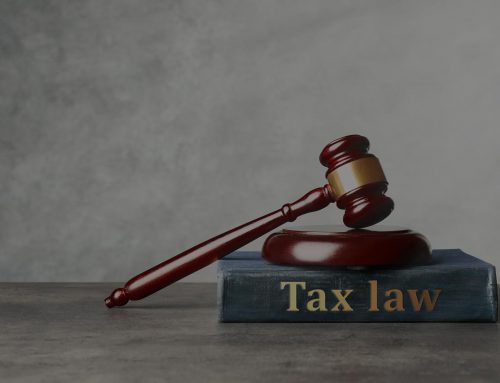Non-Resident Ban on Buying Homes
The Prohibition Act came into force on January 1, 2023. This prohibits non-Canadians from purchasing residential property in Canada, either directly or indirectly, until January 1, 2025. Ignoring these new rules can result in financial penalties and a court order to sell the property.
Non-Canadians
The Prohibition Act prohibits “non-Canadians” from purchasing, either directly or indirectly, any residential property in Canada. The Prohibition Act defines “non-Canadian” as:
- an individual who is not a Canadian citizen, permanent resident of Canada, or registered as an Indian under the Indian Act;
- a corporation that is not incorporated under the laws of Canada or a province;
- a private corporation incorporated in Canada or a province but that is “controlled” by a person referred to in (a) or (b) above; and
- a prescribed person or entity as described in the Regulation.
The term “entity” likely includes partnerships and trusts, but we are not sure and hope to obtain clarity on the matter in the near future.
Residential Property
In section 2, the Prohibition Act defines “residential property” as property in Canada that is:
- a detached house or similar building containing not more than 3 dwelling units;
- a part of a building that is a semi-detached house, rowhouse unit, residential condominium unit or other similar premises that is, or is intended to be, a separate parcel or other division of real property or immovable owned, or intended to be owned, apart from any other unit in the building; or
- any prescribed real property or immovable as described in the Regulations.
The Regulations further specify that the prohibition only applies to property in Canada that is located within either a census agglomeration or a census metropolitan area as defined by the Statistics Canada document entitled Standard Geographical Classification (SGC) 2021. This means that the Prohibition Act is intended to apply only to residential property in large urban areas.
Exemptions
The prohibition does not apply to agreements of purchase and sale of residential property entered into before January 1, 2023.
There are exceptions to the prohibition available under the Prohibition Act. Under subsection 4(2) of the Prohibition Act, exempt are:
- a temporary resident under the Immigration and Refugee Protection Act;
- a refugee;
- the spouse of a Canadian citizen, permanent resident, or person registered as an Indian under the Indian Act who purchases residential property with such person; or
- a person of a prescribed class of persons in the regulations.
Penalties
Under subsection 6(1) of the Prohibition Act, every person who contravenes this prohibition, and every person that counsels, induces, or aids and abets a non-Canadian to purchase, directly or indirectly, any residential property, is guilty of an offense and liable on summary conviction of a fine of not more than $10,000. If a corporation or entity commits an offense, an officer, director, agent, senior official, or other individual authorized to exercise managerial functions on behalf of the entity is a party to and liable for the offense, whether or not the corporation or entity has been prosecuted or convicted.
Importantly, the Prohibition Act punishes anyone who aids or abets or attempts to aid or abet in the contravention of the act, including legal counsel and other professionals who work on real estate transactions. Liability is not limited to the non-Canadian purchaser.
The Prohibition Act does provide the superior court of the province in which the residential property to which a contravention relates is situated with the power to order that the property is to be sold in a manner following conditions set out in the Regulations. If a sale is ordered, the non-Canadian cannot recover more than what was paid for the property and therefore cannot make a profit off of the ordered sale.
Conclusion
Buyer beware. This is the message being sent to the general public by the CRA. Be careful when buying and selling where a non-resident is involved.
by




